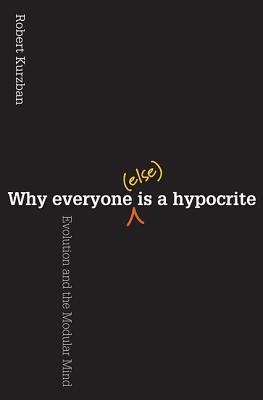What do you think?
Rate this book


288 pages, Hardcover
First published December 21, 2010
The mind is a community of "agents." Each has limited powers and can communicate only with certain others. The powers of mind emerge from their interactions for none of the Agents, by itself, has significant intelligence. [...] Everyone knows what it feels like to be engaged in a conversation with oneself. In this book, we will develop the idea that these discussions really happen, and that the participants really "exist." In our picture of the mind we will imagine many "sub-persons", or "internal agents", interacting with one another. Solving the simplest problem—seeing a picture—or remembering the experience of seeing it—might involve a dozen or more—perhaps very many more—of these agents playing different roles. Some of them bear useful knowledge, some of them bear strategies for dealing with other agents, some of them carry warnings or encouragements about how the work of others is proceeding. And some of them are concerned with discipline, prohibiting or "censoring" others from thinking forbidden thoughts.
almost any time you come across a theory with the word "self" in it, you should check your wallet.